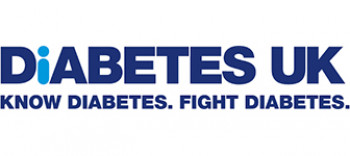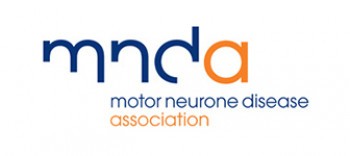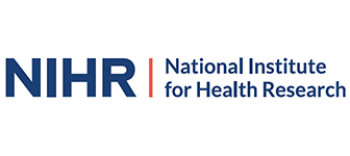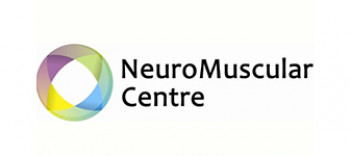
Research theme: Neurodegeneration
Undertaking world-leading research to understand important mechanisms controlling human movement.
Neurodegeneration
About our research
Our research looks to uncover important mechanisms underpinning impairment across a range of clinical conditions, opening up unique opportunities for intervention.
We target many clinical conditions including:
- obesity
- diabetes
- cerebral palsy
- stroke
- osteoarthritis
- Parkinson’s
- dystonia
- myositis
- muscular dystrophy
- developmental coordination disorder
Established links with clinical partners in NHS organisations across the North West and wider UK, as well as international collaborators, help to facilitate our research.
Key achievements include:
- identifying the neural control mechanisms involved in the maintenance of postural balance
- elucidating the perceptual processes behind learning to use a prosthetic hand
- uncovering the mechanisms of gait impairment leading to instability and falls in diabetic neuropathy
- characterising the pathways and mechanisms associated with weakness in Myositis, muscular dystrophy and cerebral palsy
Our techniques include cell culture and molecular biology, biomechanics and gait analysis, as well as assessment of cognitive-motor function, eye-gaze and the influence of psychological factors.
We use our own novel in vitro culture models of skeletal muscle to model the effects of disease states such as diabetes and as a platform for drug discovery. We have led the development of non-invasive imaging techniques, such as ultrasound, to quantify important muscle characteristics.
Additionally, we have an international reputation in understanding motor performance and whole-body movement. We are particularly unique in integrating visual gaze measurements and in understanding how brain activity guides movement.
And we work closely with colleagues from other research themes: Sports Medicine and Elite Performance and Musculoskeletal Function in Health and Ageing.
Our expertise
Our expertise covers:
- diagnosis and monitoring of neurodegenerative changes, including those related to diabetic peripheral neuropathy, motor neurone disease, concussion and cervical dystonia
- development and evaluation of assistive technologies and interventions to support skill acquisition and rehabilitation, with particular focus on those recovering from stroke, limb amputation or knee ligament repair
- balance, postural control and falls prevention in older people and those living with cerebral palsy or developmental coordination disorder
- cellular mechanisms of skeletal muscle weakness and dysfunction in myopathies and ageing, including the role of mitochondrial dysfunction and exosomes
- motor cognition, cognitive biases and visuomotor control in sport, exercise and clinical populations including those living with pain
Quote
Our partnership with Manchester Met is fantastic and allows many at the NeuroMuscular Centre to take part in sport while providing a unique form of research. It’s great to be involved.
Selected impact case studies
Who we work with
Some of our research partners
Brecon Beacons National Park

Diabetes UK

Motor Neurone Disease Association

National Institute Health Research

NeuroMuscular Centre

Waterloo Foundation
Contact
Contact us
You can contact individual members of the team through their staff profiles.
For general enquiries about our research on movement impairment, you can contact the theme lead, Dr Chris Morse.



